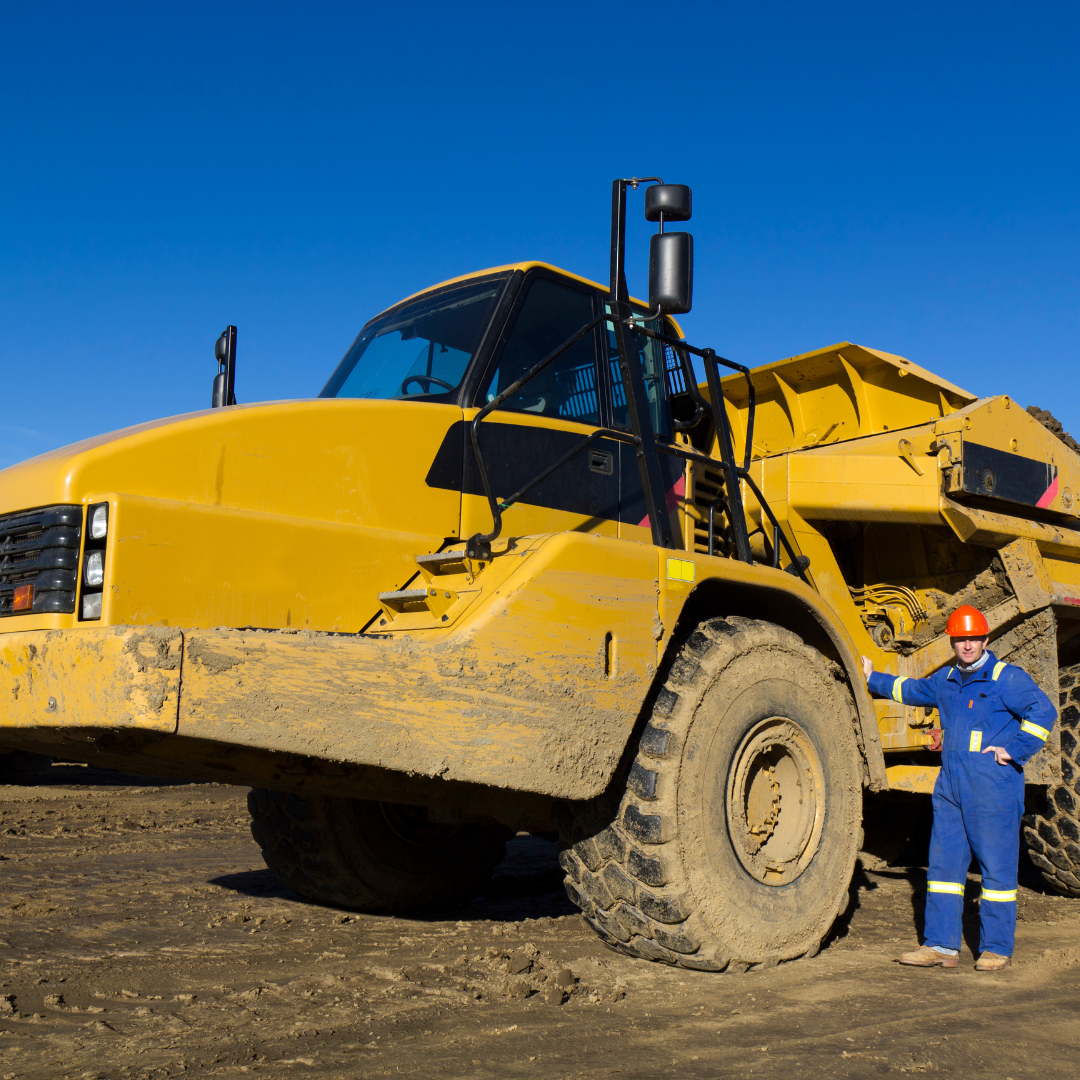Safety: Secure Your Cargo
Solutions for avoiding damaged product
As a commercial driver, you know few things are more important when on the road than transporting your cargo safely. That’s why the Federal Motor Carrier Safety Administration (FMCSA) has outlined regulations for making sure your cargo is loaded and secured properly.
According to the FMCSA, drivers are not allowed to operate a commercial motor vehicle (CMV) unless the following conditions are met:
· The CMV’s cargo must be properly distributed and adequately secured.
· The CMV’s structure and equipment must be secured, including the tailgate, doors, tarps, spare tire, cargo securing equipment, and other equipment used in the vehicle’s operation.
Properly secure dry van cargo starts before you hit the road. Always perform a pre-trip inspection of your trailer to make sure there is no debris on the floor. Pick up any paper, plastic, or other items that might get in the way of the cargo.
If you are in charge of loading the product into the dry van, make sure the weight of the product is distributed evenly across the trailer’s axles. Place the heaviest cargo on the bottom.
There are many ways to secure cargo after it has been loaded into a dry van, such as the following:
§ Dunnage bags can be filled up with air and are placed between stacks of cargo. The dunnage bags help prevent cargo from shifting while you’re on the road and are one of the most cost-effective methods of cargo securement.
§ Void fillers are another cost-effective option to secure a load. Void fillers come in a multitude of shapes and sizes, making them a good option for any load.
§ Friction mats are made from thick rubber and can prevent products from sliding on the trailer floor.
§ Ratchet straps are perhaps the most common way to secure dry van loads. They come in hundreds of styles and sizes and can be used to strap down just about anything. They are made from polyester webbing that is lightweight and incredibly strong. Use V boards on the side of the cargo to avoid strap damage.
§ Jack bars are useful for cargo that might tip over, such as barrels, or cargo that might slide, such as carpeting. Jack bars are placed on either side of the trailer’s walls and are small enough to fit anywhere on the trailer. the road. Always perform a pre-trip inspection of your trailer
“Properly securing dry van cargo starts before you hit the road. Always perform a pre-trip inspection of your trailer.”
Be safe and healthy on the job with these helpful tips provided by RISE Insurance. For additional tips safety guidance and commercial auto insurance solutions, contact us today at 423-541-1111.






